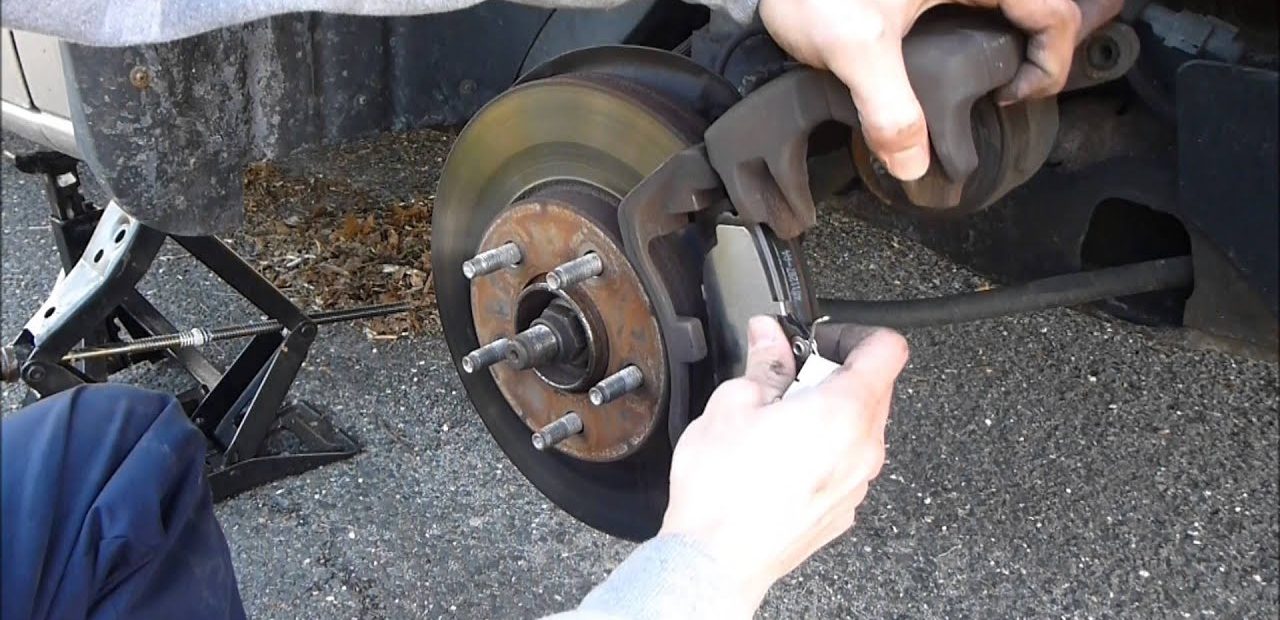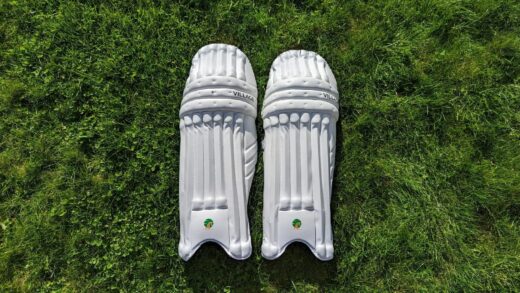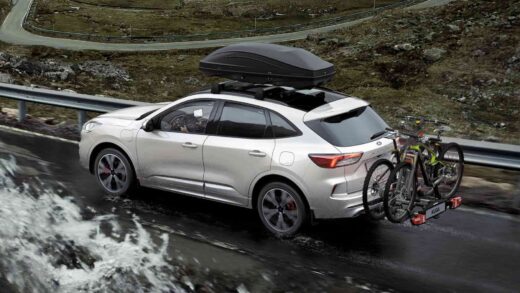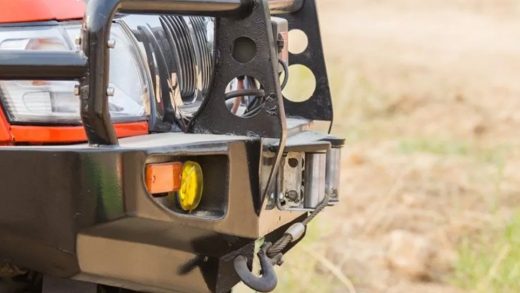How to Choose the Right Brake Pads for Toyota?
Not so long ago the top vehicle manufacturer, Toyota, has been dethroned by another big manufacturer, the Volkswagen group. Whilst Toyota may not be known for designing the most luxurious vehicles, the brand is more known for its affordable cars. But this doesn’t mean Toyotas are cheap or unreliable. As a matter of fact, Toyota is known for making the most durable and reliable vehicles.
Japanese automakers, in general, are known for their durable and reliable vehicles, with Toyota being at the forefront. Moreover, this company makes vehicles with all kinds of electronics from the windows and wipers to the AC, side mirrors and even seats. They were the first ones to implement a wide array of electronics in their rides. Innovation, durability and reliability are just some of their main features, but as with all vehicles, they are prone to defects and issues and the most common one is the brake pads.
Contents
What Are Toyota Brake Pads Made of?
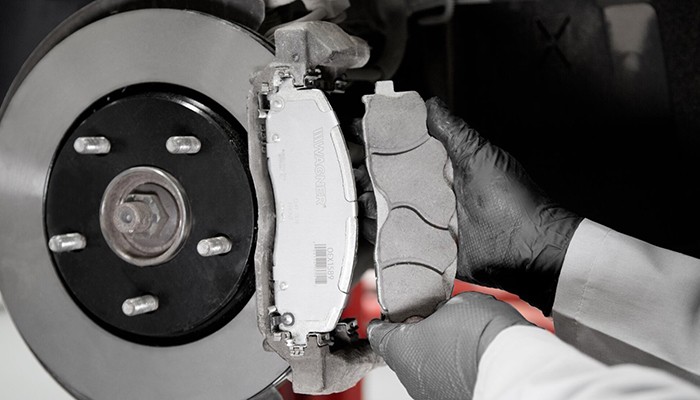
Organic
Also known as non-asbestos, these are the most widely used Toyota brake pads. Organic pads are the most affordable as they are the easiest to manufacture. Organic Toyota rear brake pads and front pads are used for everyday driving. This is because unlike other types, they cannot bear the stress of off-roading or racing. They are not good at dissipating heat as easily and wear off pretty easily.
Low-Metallic
With low-metallic Toyota brake pads, you get an organic formula mixed with anywhere between 10 % to 30 % steel or copper in it. These pads are able to perform better than organic ones as they dissipate heat far better. One downside of low-metallic pads is that they make a lot of noise when you apply the brakes and create a lot of dust too.
Semi-Metallic
The most commonly used Toyota rear brake pads have somewhere between 30 % and 65 % metal in them. Usually, these contain copper, steel wool, and wire. Although all these elements are bonded together with the help of an organic mixture, they perform way better than organic and even low-metallic pads. They are far more efficient at braking and don’t wear off as easily.
Ceramic
The most expensive brake pads you’ll find on any Toyota or any other vehicle are ceramic. They are known to provide the best braking performance and dissipate heat the fastest. Ceramic pads are not affected by the cold as metallic ones and they do not make any loud noises when braking. They can perform in extremely hot conditions excellently.
How Long Do Toyota Brake Pads Last?
Typically, Toyota front brake pads, as well as rear ones, will last you anywhere between 48,000 km and 110,000 km. Some can even last close to 160,000 km. This also depends on the way you drive your vehicle and how well you look after it.
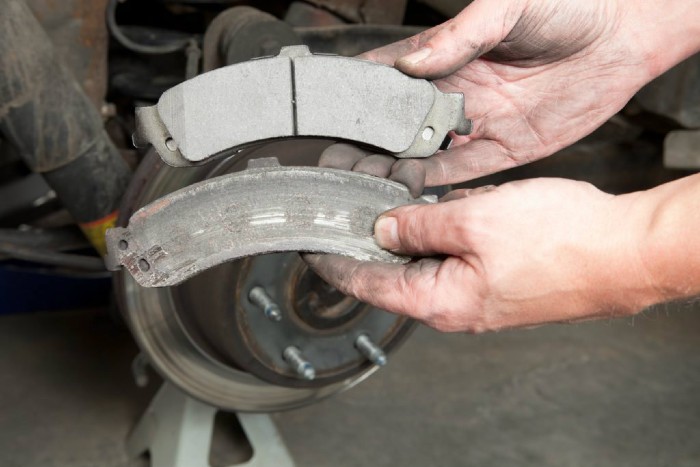
How to Take Care of Your Toyota’s Brake Pads
Coast
The more you can coast with your Toyota, the better. Some might say that coasting is bad but if you do it properly and when your vehicle can handle it, it’s actually a good thing. This requires you to pay attention to the traffic flow. For example, when going uphill, instead of hitting the gas pedal and then braking, let your vehicle coast up. Then, apply the brakes when your car starts losing speed. This way you won’t apply as much pressure and your brakes won’t wear that fast.
Speed
Driving fast may be enjoyable for you, but it isn’t that much great for your brake pads. The faster you drive, the more pressure you will need to put on the pads in order to slow down or stop your ride.
Two-Foot
Talking about hitting the pedal, it is not recommended that you do so with both feet. Remember the more pressure you put on the brake pads the more they will wear down. The same goes when you apply the brake pedal too hard.
Light Vehicle
Keeping your vehicle as light as possible will put a lot less stress on the brakes when you use them. More weight means greater kinetic energy and more pressure on the pads.
Hurry to Stop
Don’t rush to a red light just so you can be the first in the line waiting for it to turn green. This not only does not make sense but it also helps wear your pads quicker. Instead, go up to the stop sign or traffic light at a moderate speed and coast to the line with a little bit of braking.

